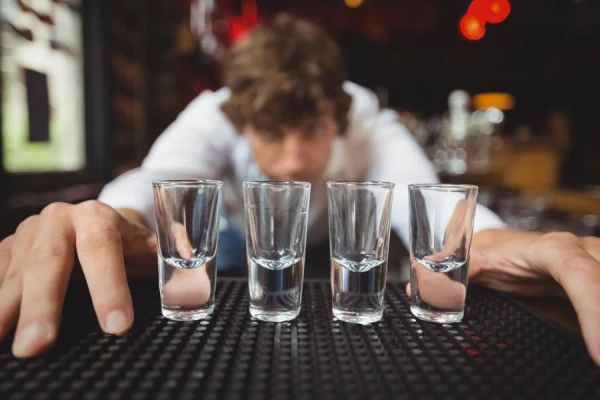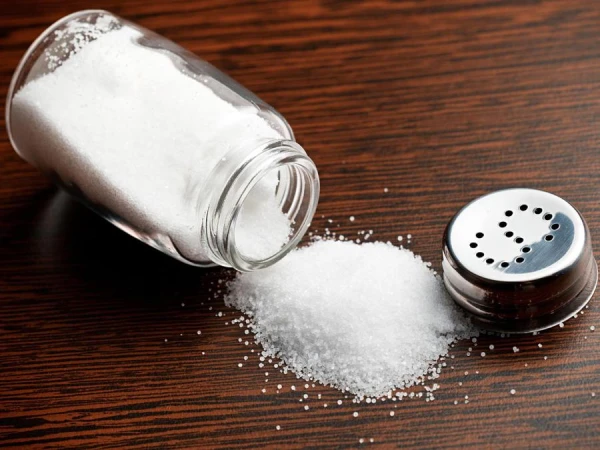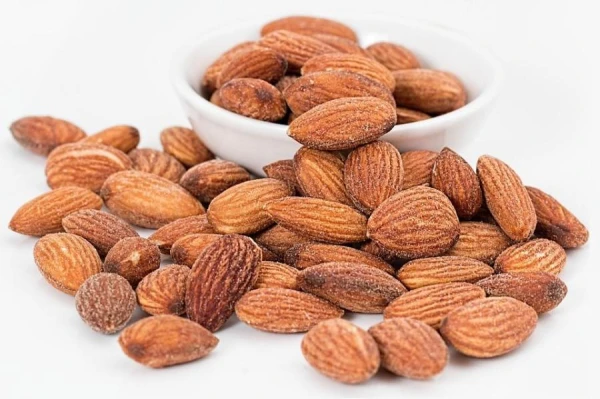
On November 23, the Orthodox Church commemorates the memory of six apostles, among whom Erastus and Rodion stand out. In the folk calendar, this day is called Erastus and Rodion, or Rodion's Day. In the past, this time was considered mystical, and people were forbidden to bathe in the bathhouse and give gifts.
On November 23, Orthodox believers commemorate six apostles from the seventy, including Erastus and Rodion. According to tradition, Erastus was a disciple and companion of the holy apostle Paul. Coming from a noble family, he held the position of city treasurer in Corinth. It was from the apostle Paul that he learned about God. Over time, having developed trust in the apostle, he visited Jerusalem with him and, according to some sources, even became a priest there.
Rodion, who is also venerated on this day, was a relative of the apostle Paul and his disciple. When he was appointed bishop in Patras, he completely dedicated himself to the service of God. For this, he was arrested and executed along with the apostles Peter and Paul.
Erastus and Rodion: Traditions of the Folk Calendar
One of the key traditions of the folk holiday was the blessing of bread and salt. On Rodion's Day, it was customary to visit the church where festive services were held and to pray to the saints Erastus and Rodion, who were considered the patrons of families. After this, the blessed bread and salt were given to the livestock.
The blessed bread and salt served as a guarantee that the animals would not get sick during the winter. The attitude towards this tradition was so serious that when buying a cow, the buyer could ask for blessed bread from Erastus and Rodion to be included with the animal.
Erastus and Rodion: Folk Signs
In ancient times, when people predicted the weather themselves, they closely observed nature. If it was cold, windy, and damp on Rodion's Day, the peasants understood that winter would be harsh.
“Erastus is good for everything: for cold, for hunger, and for the impassable blizzard.” To avoid frosts, peasants would go out onto the porch and bow low to winter, asking it not to be angry and to change its wrath to mercy.
If sparrows chirped loudly on Rodion's Day, it meant that a thaw was not far off. This was also “reported” by the fog lying on the ground and by the snow, especially if there was a lot of it on Erastus and Rodion. If dogs began to bark without visible reason, the owners understood that this was a sign of frost.
What Can and Cannot Be Done on Rodion's Day
In the past, on Erastus and Rodion's Day, hunters would go hunting while fishermen stayed home, waiting for the ice on the water bodies to become strong and not break underfoot. Therefore, Saint Rodion was called the Icebreaker.
There was a saying: “Rodion will come – he will take the man captive.” This meant that it was impossible to cope with the aquatic element either on water or on ice. However, people understood that the ice would strengthen with each passing day: “From Erastus, expect strong ice.”
On Erastus's Day, after lunch, one was to eat a piece of bread that had been blessed in the morning. This, like with the livestock, served as a guarantee that diseases would not pursue them during the winter.
The folk holiday did not tolerate greed. During this time, our ancestors tried to help the poor and needy by giving them some bread or clothing. If someone had no shelter, they were allowed to stay overnight.
Rodion's Day was considered difficult. People believed that at this time unclean forces roamed the earth, so they tried not to leave their homes without special necessity. On Rodion's Day, it was also forbidden to:
quarrel with relatives – this leads to illness;
lend money and borrow – this leads to poverty;
go on a journey – one may not return;
give gifts – along with them, one may “give” away their luck and fortune.
On Rodion's Day, new affairs and plans were not discussed. It was believed that unclean forces, hearing about them, would destroy everything, and the projects would not come to fruition.
On Erastus and Rodion's Day, the elders forbade going to the bathhouse, especially closer to the evening. If this could not be avoided, they would take a broom with them to drive away evil spirits.
Signs, beliefs, spells, and various prohibitions are integral features of almost every ancient folk holiday. It is important for us to understand how our ancestors lived, what brought them joy, what saddened them, and what they feared.















Leave a comment